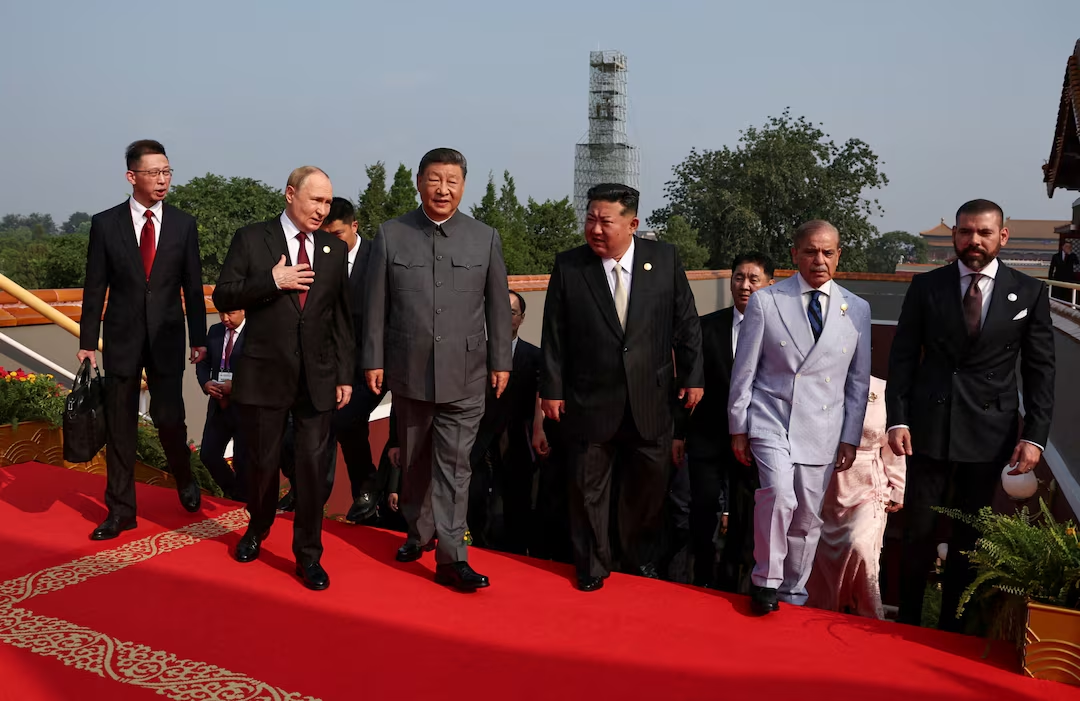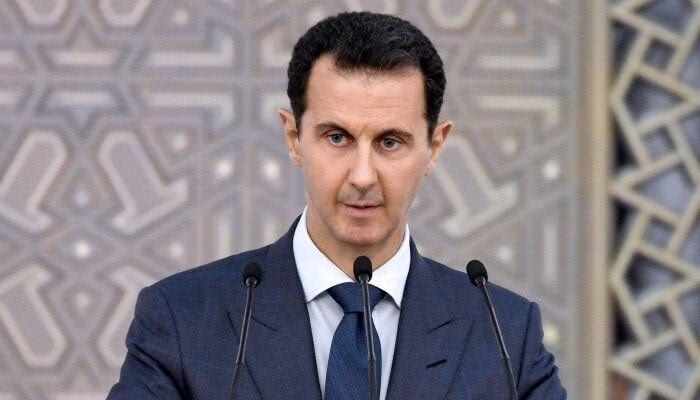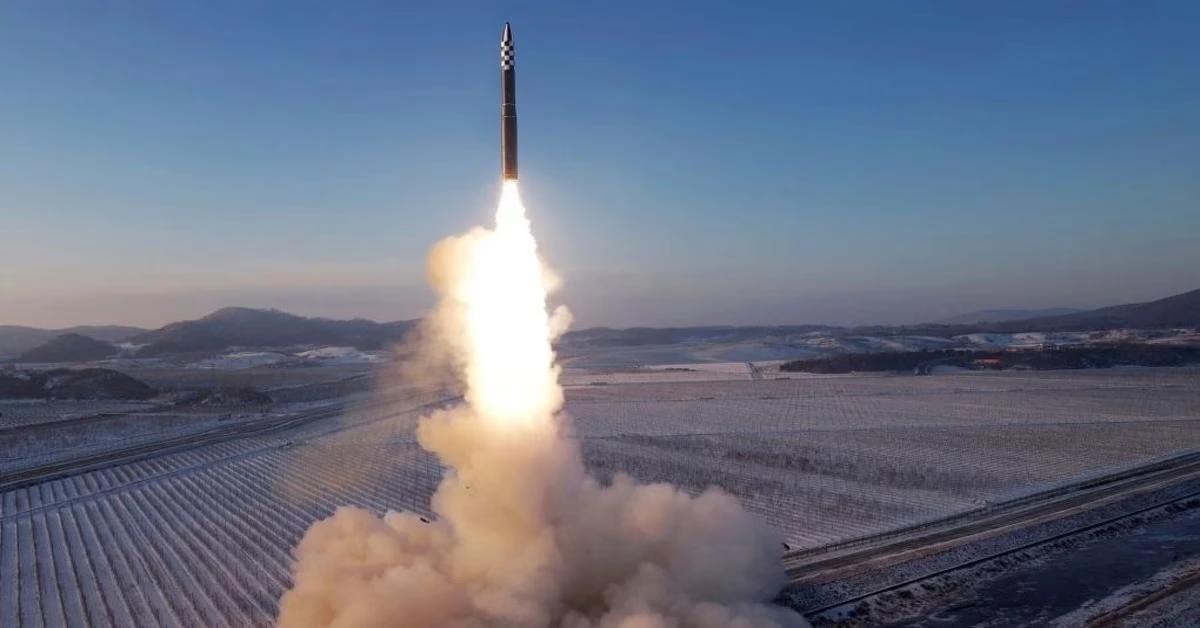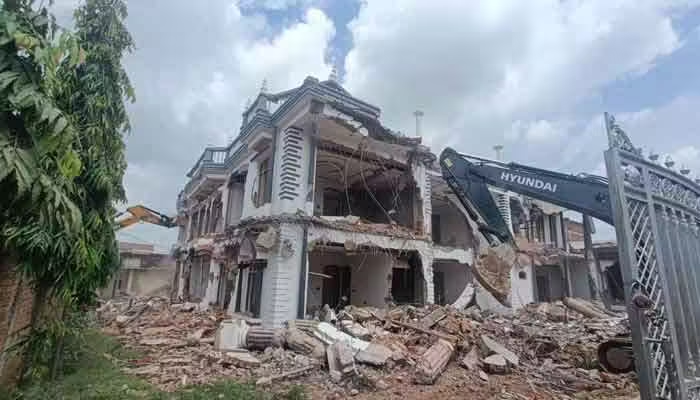China marked the 80th anniversary of Japan’s World War Two defeat with a lavish military parade in Beijing, drawing global attention for both its symbolism and its guest list. Western leaders largely stayed away, leaving Russian President Vladimir Putin and North Korea’s Kim Jong Un — both pariahs in the West — as the most prominent attendees.
The event, staged at Tiananmen Square before more than 50,000 spectators, was designed to project China’s military might and diplomatic clout at a time of strained U.S.-China relations. President Xi Jinping used his keynote address to declare that humanity faces a choice between “peace or war, dialogue or confrontation,” pledging that the Chinese people “stand on the right side of history.”
Xi, dressed in a Mao-style suit, inspected missiles, tanks, drones, and troops from an open-top limousine before greeting over 20 world leaders, including Indonesian President Prabowo Subianto, who made a surprise appearance. Helicopters flew banners overhead, fighter jets streaked across the sky, and 80,000 doves and balloons were released to cap the 70-minute spectacle.
Seated between Putin and Kim, Xi exchanged frequent conversations with both leaders. The U.S. response was mixed: while former President Donald Trump dismissed the parade as “not a challenge” to America, he also posted on Truth Social urging Putin and Kim to “conspire against the United States” sarcastically, while reminding China of U.S. support during WWII.
A Vision for a New Order
The parade reinforced Xi’s narrative of World War Two as a turning point in China’s “great rejuvenation” from victimhood to global power. Earlier in the week, he outlined a vision for a new global order opposing “hegemonism and power politics,” a thinly veiled jab at the U.S.
Analysts say the gathering could strengthen defence ties among China, Russia, and North Korea, following recent pacts between Moscow and Pyongyang. Putin used the occasion to secure new energy deals with China, while Kim — attending his first multilateral event in decades — gained symbolic backing for his nuclear program. He travelled with his daughter, Ju Ae, widely seen as his likely successor, though she did not appear at the parade.
Military Showcase and Domestic Message
The parade also highlighted China’s advances in modernizing its armed forces, even as the People’s Liberation Army continues to be rocked by high-level corruption purges. “It allows Xi to shift focus onto progress in military hardware while deflecting attention from instability within the PLA ranks,” noted Jon Czin of the Brookings Institution.
Inside China, the display was also meant to bolster patriotic spirit. Civil servants were instructed to watch the event and record their reflections. In Beijing, roads and schools were closed, and weeks of rehearsals and sweeping security measures ensured tight control. Across the country, tens of thousands of Communist Party members and volunteers were mobilized to prevent unrest.



